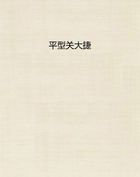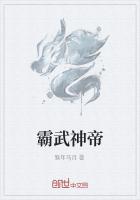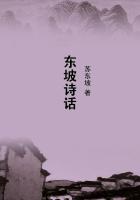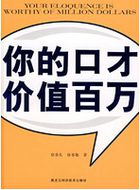We have assumed that capitals of equal size are invested in spinning and machine-building, that these capitals contain equal proportions of constant and variable, fixed and circulating capital, that the working-days are of equal length, in brief, that all conditions are equal except the duration of the working period. In the first week, the outlay for both is the same, but the product of the spinner can be sold and the proceeds of the sale used to buy new labour-power, new raw materials, etc.; in short, production can be resumed on the same scale. The machine-manufacturer on the other hand cannot reconvert the circulating capital expended in the first week into money and resume operations with it until three months later, when his product is finished. There is therefore first a difference in the return of the identical quantities of capital invested. But in the second place identical amounts of productive capital are employed during the three months in both spinning and machine-building. However the magnitude of the outlay of capital in the case of the yarn manufacturer is quite different from that of the machine-builder; for in the one case the same capital is rapidly renewed and the same operation can therefore be repeated, while in the other case the renewal of the capital is relatively slow, so that ever new quantities of capital must be added to the old up to the time of its renewal. Consequently there is a difference not only in the length of time of renewal of definite portions of capital, or in the length of time for which the capital is advanced, but also in the quantity of the capital to be advanced according to the duration of the labour-process (although the capitals employed daily or weekly are equal). This circumstance is worthy of note for the reason that the term of the advance may be prolonged, as we shall see in the cases treated in the next chapter, without thereby necessitating a corresponding increase in the amount of the capital to be advanced. The capital must be advanced for a longer time, and a larger amount of capital is tied up in the form of productive capital.
At the less developed stages of capitalist production, undertakings requiring a long working period, and hence a large investment of capital for a long time, such as the building of roads, canals, etc., especially when they can be carried out only on a large scale, are either not carried out on a capitalist basis at all, but rather at communal or state expense (in earlier times generally by forced labour, so far as the labour-power was concerned). Or objects whose production requires a lengthy working period are fabricated only for the smallest part by recourse to the private means of the capitalist himself. For instance, in the building of a house, the private person for whom it is built makes a number of partial advance payments to the building contractor. He therefore actually pays for the house piecemeal, in proportion as the productive process progresses. But in the advanced capitalist era, when on the one hand huge capitals are concentrated in the hands of single individuals, while on the other the associated capitalist (joint-stock companies) appears side by side with the individual capitalist and a credit system has simultaneously been developed, a capitalist building contractor builds only in exceptional cases on the order of private individuals. His business nowadays is to build whole rows of houses and entire sections of cities for the market, just as it is the business of individual capitalists to build railways as contractors.
To what extent capitalist production has revolutionised the building of houses in London is shown by the testimony of a builder before the banking committee of 1857. When he was young, he said, houses were generally built to order and the payments made in instalments to the contractor as certain stages of the building were being completed. Very little was built on speculation.















